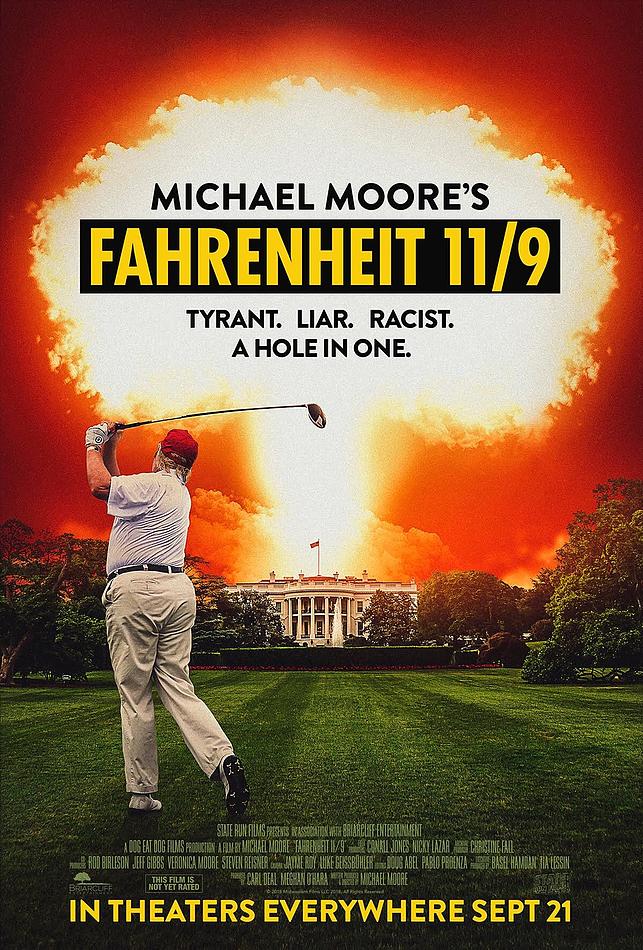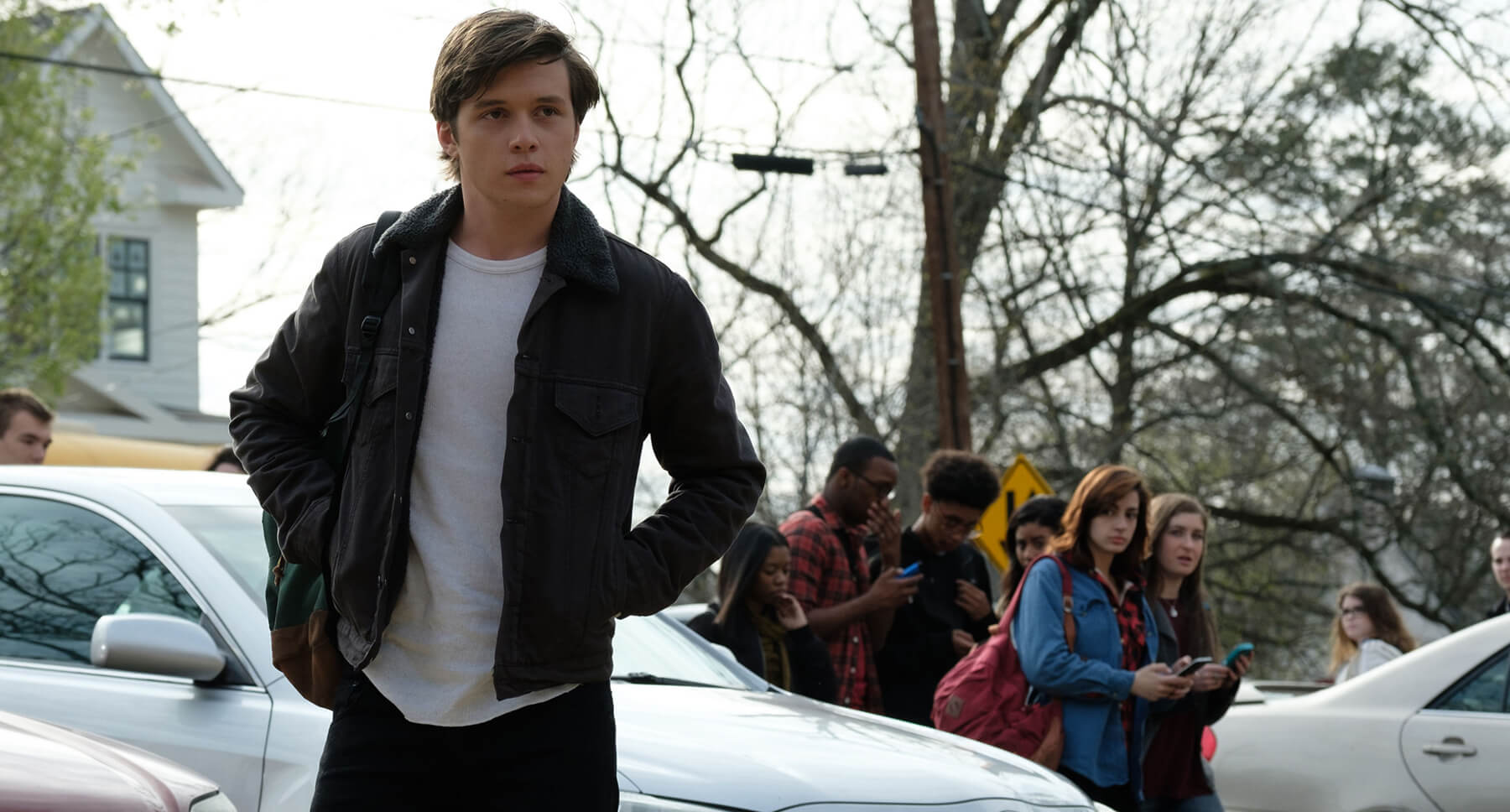One of the most controversial documentarians faces off against the Trump administration, but can he rise to the occasion?
“Fahrenheit 11/9” is Michael Moore’s companion piece to his 2004 film, Fahrenheit 9/11. While “Fahrenheit 9/11” was a criticism of George W. Bush and the Iraq War, “Fahrenheit 11/9” presents itself as a similar censure against President Trump and his administration. However, what unfurls is instead a scathing condemnation of American democracy and how it has failed us for years.
Something surprising about Moore’s analysis is how nuanced it was. Fahrenheit 9/11 was so one-sided in its pursuit against the Bush administration that his accusations bordered on conspiracy theories. However, this film does not consist of Moore cursing President Trump out for the entire two-hour runtime.
“Fahrenheit 11/9” takes a look at our modern democracy and how it has paved the way for Trump’s presidency years in the making. Liberal icons such as Barack Obama and the Clintons are not safe from the chopping block, as Moore criticizes the inherent conservatism the government represents and how they did not act on the changes they promised the American people. Other aspects of Moore’s commentary include the electoral college, the Flint water crisis and the rampancy of school shootings throughout our country.
One of Michael Moore’s strongest assets as a filmmaker is his ability to both captivate and incense audiences. He knows how to hook people into hearing his arguments out, no matter how implausible they appear. Whether you agree with his politics or not, he knows how to make his films entertaining through clever writing, editing and humor.
His biggest fault; however, is his tonal inconsistency. At times, his assessment of the issues within his film feels disorganized. He isolates parts of his documentary to focus on specific topics, but he heavily fixates on the Flint water crisis. While deftly handled, it was a shame he did not dedicate an equal amount of time to the rest of his critiques of American democracy.
Another valley this film reaches is the ending. Moore interjects the somber atmosphere with glimmers of hope, such as showcasing the Parkland shooting survivors lobby for stricter gun control laws and regular citizens like Alexandria Ocasio-Cortez investing themselves in politics. However, the ambiance darkens considerably as the film nears the end. What appears to be Moore encouraging the public to vote instead ends with him referencing the false ballistic missile alert and Emma Gonzalez’s speech at the March For Our Lives event. He focuses in on her traumatized expression and then the film ends.
Moore built up what was meant to be a rallying cry for the upcoming mid-terms, and then he undermines it by feeding off of the bleakness and paranoia of our current political sphere. Politics aside, “Fahrenheit 9/11” ended on a confident note. “Fahrenheit 11/9” could have united those who want to fight for change, but Moore weakened his good intentions with an ending that looked at the audience and said, “Why bother?”






